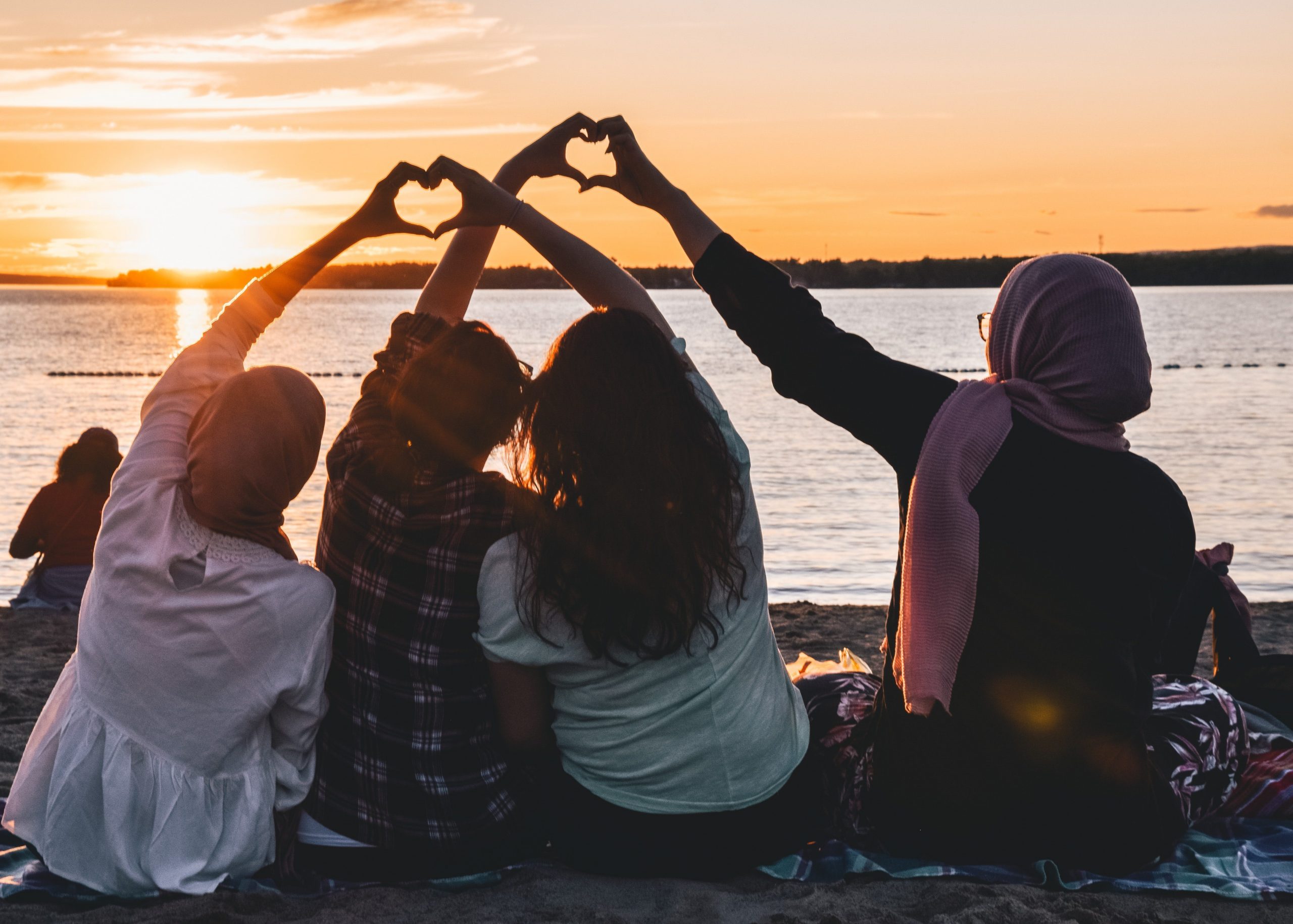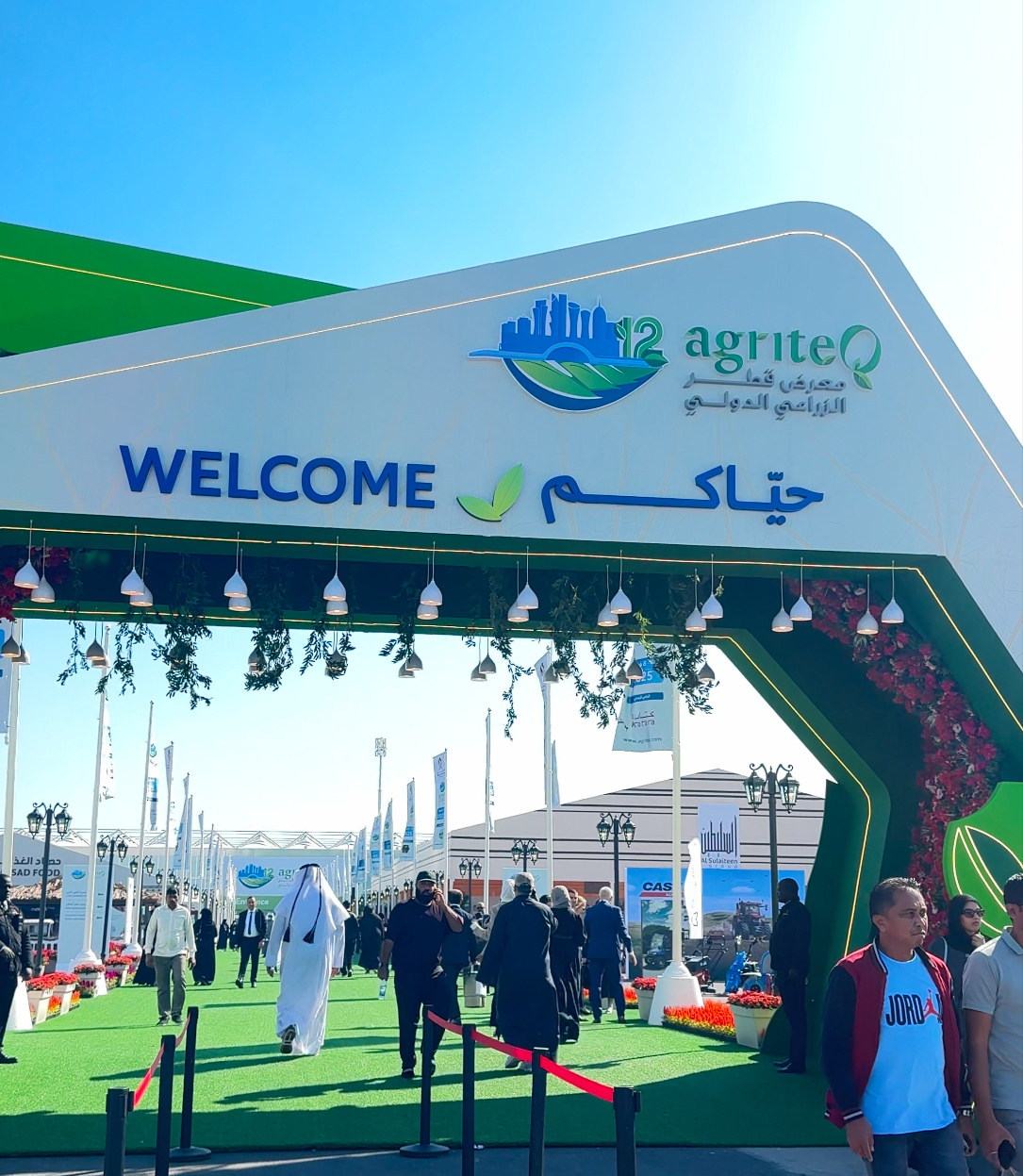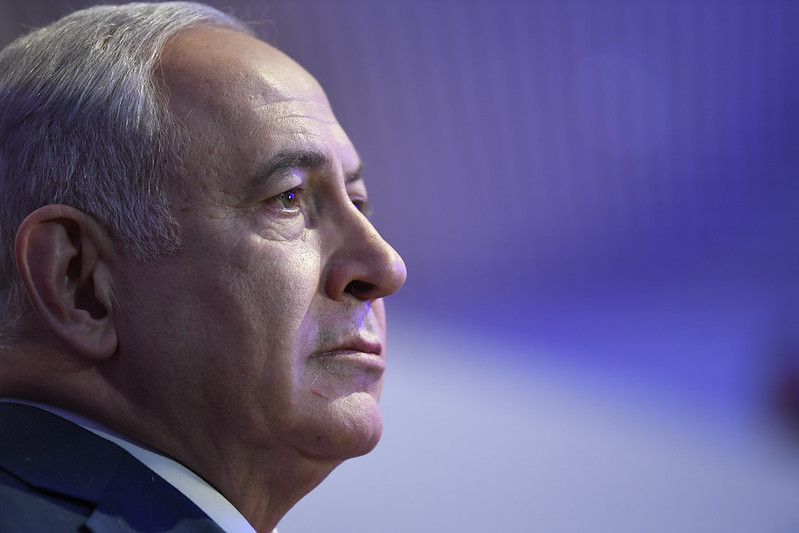Achieving social justice doesn’t have to take many lifetimes. It can be eliminated from our communities if we unite against it and speak, writes Ayan Said on World Day of Social Justice.
We are in an era of globalisation, collaboration among communities, nations and people from all walks of life are vital to building futures. Although the advantages of globalisation are improving our living standards and ensuring widespread progress across all sectors, we must ask whether we are studying the challenges of exclusion, inequality and the fundamentals of human rights.
The World Day of Social Justice, marked on February 20 every year, provides an opportunity to reflect and identify whether we are considering the equal rights of everyone when in spaces to decipher ways to increase our economy, construct our policies and make decisions that affect the community.
Social justice has many capacities, but its foundation is rooted in giving people the right to live a life where they are treated as human beings; these must be visible and embedded in policy and must include unwritten rights like peace and dignity.
It is the responsibility of each and every one of us to recognise this so that our understanding of our social issues goes beyond what is broadcast on our screens. Sustainable change simply needs more from us and cannot be left to the vices of external factors to fix. We have what it takes because it is the communities that shape societies.
While it won’t be an easy road to travel, we must review any unconscious biases that fester within then observe and see how the people around us adhere to social justice. In short, are you a bystander accepting injustices, or do you advocate for the voiceless?
Read also: Is gender equality and youth development in your New Year’s resolution?
As shown by recent events at NUQ, social media has been a powerful tool in ensuring we maintain our integrity by speaking against discrimination, but have we considered the root cause? What drives someone to make such comments? How many more people have similar thoughts but just haven’t publicly expressed themselves? Until we dig deeper, nothing permanent can be achieved and comparable events will continue to happen in plain sight.
This is one of the reasons I founded Voicing Voices. Travelling and working in different communities has shown me the massive gaps between peoples lived experiences and others understanding of those experiences.
We need to facilitate spaces of compassion, tolerance and patience as we learn to co-exist and live-in harmony. In all projects we consult for, our initial step is to gather data and draw conclusions from an in-depth-analysis where the individuals of that community are at the centre of policies and decisions.
Human-centric methods
As we move forward to achieve our Qatar National Vision 2030 and various goals to progress our economy and development, it’s vital that human-centric methods, designed to provide equal justice for all, are utilised in all decision-making.
In Qatar, plenty of platforms do just that and contribute to providing data and creating a culture of open dialogue and understanding through public discussions.
Such real life data contains lived-in experiences and perspectives which can be used by policy makers. This crucial information can help us overcome a lot of the gender inequalities and discrimination experienced. Collaboration and interpersonal skills are an essential factor in implementing social justice and for us to be able to do that then we need to be able to work together in coherence.
This a sentiment shared by the Oxfam International’s MENA Gender Coordinator, Dr. Hadeel Qazzazi, who shared with us the importance of cross-community support, especially in our region.
“Solidarity especially amongst women is important all over the world. Women need to come together and support each other in the face of the many aggressions and injustices they face,” she said.
“In our region this is even more important especially to face the ever shrinking civic spaces, the weakness is social protection systems, the toxic masculinity of governmental structures that does not see women issues from a human rights perspective.”
While there is a long history of solidarity across family, tribal, kinship and religious lines in our cultures, this support system may not always extend to women, she added, noting the need for organising “to cut across traditional affiliation and harmful social norms, but also to bring women’s rights as human rights to the forefront of social justice’’.
The views and opinions expressed in this article are those of the authors and do not necessarily reflect the official policy or position of Doha News, its editorial board or staff.
Ayan Said is a women’s rights activist, education advocate, One Young World Ambassador and the founder of Voicing Voices, a diversity and inclusion consultancy firm.
Follow Doha News on Twitter, Instagram, Facebook and Youtube







